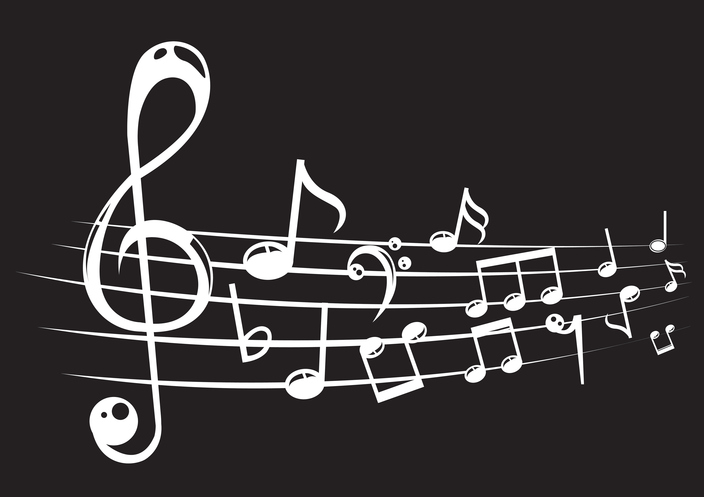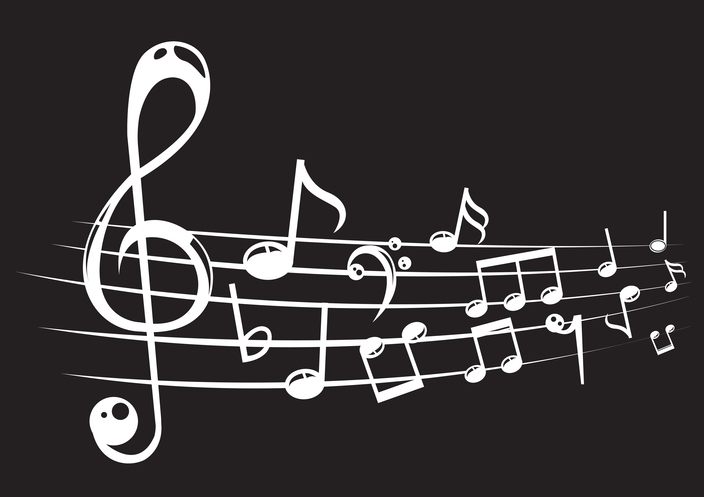There are certain tunes out there you’ve heard a million times but you never know the name of…because they don’t have any lyrics. But they’re just as familiar as “Hey Jude” or “White Christmas.” At long last, here’s what those songs are called.
Black tie string quartet
When a rough-around-the-edges character in a movie finds him or herself at a black tie event where fancy people are walking around eating canapés and clinking their champagne glasses to toast the mayor or something like that, there’s almost always a string quartet, and that string quartet is playing Luigi Boccerini’s 1771 composition “Minuetto.”
Foolhardy bravery
Aram Khachaturian’s exciting, chaotic “Sabre Dance” suggests foolhardy bravery. That’s probably why when there’d be a performer spinning plates, throwing dives, or doing some other crazy stunt on a talk show or variety show, this is the song that played while they wordlessly thrilled audiences.
Hard-charging instrumentals
Before the start of a home game, lots of professional sports teams turn off all the lights and bring out each player one by one for a dramatic, crowd-exciting introduction. The soundtrack: some kind of hard-charging instrumental. Lots, particularly the Chicago Bulls, are partial to “Sirius,” a song recorded in 1982 by the progressive rock band the Alan Parsons Project.
Circus music
If we say “circus music,” that’s probably enough to get this jaunty tune stuck in your head all day, along with some images of elephants and clowns, we assume. The song itself has little to do with the circus—it’s an 1897 piece by Julius Fucik called “Entrance of the Gladiators.”
Hoe-down
“Beef: It’s what’s for dinner,” according to those long-running ads by a national beef council. Underscoring the scenes of beef preparation and enjoyment is a lively piece of Western-evoking music. That’s called “Hoe-Down,” and it was written by Aaron Copland in 1942 as part of the score for a ballet called Rodeo.
The end of the world
On numerous occasions, “O Fortuna” has been the soundtrack of the end of the world…in the movies.It seems like whenever the sky cracks open, or the evil wizard reaches his full strength, Carl Orff’s epically spooky, Latin-chanted piece plays.
The funeral march
Bad news: That movie character is dead, or is bravely facing the fact that they are marching headlong into their own demise. Good news: It’s another chance to hear Fredrick Chopin’s 1839 piece, “Piano Sonata No. 2.” It’s also very appropriately known as “The Funeral March.”









